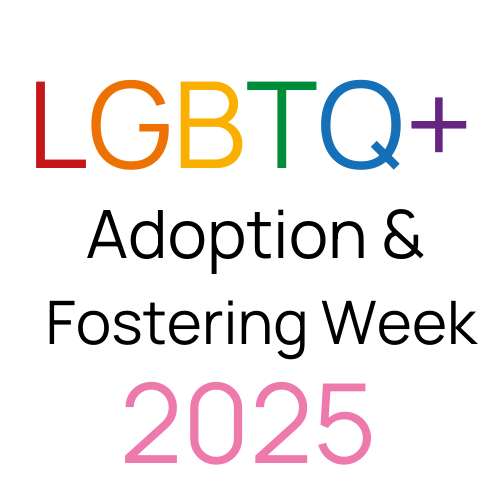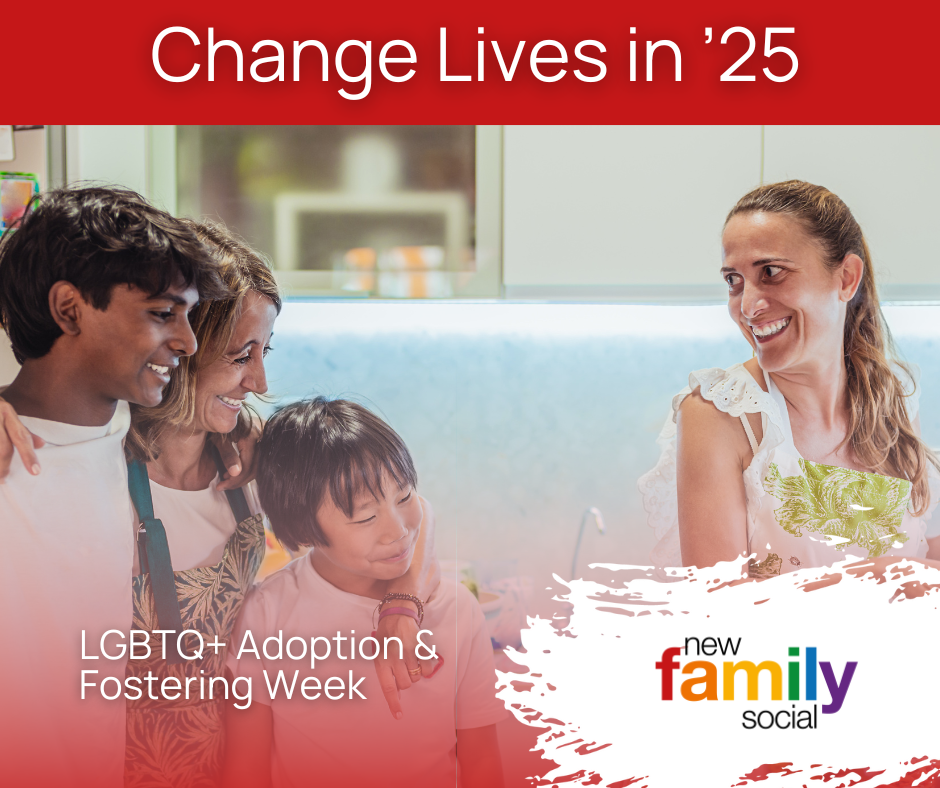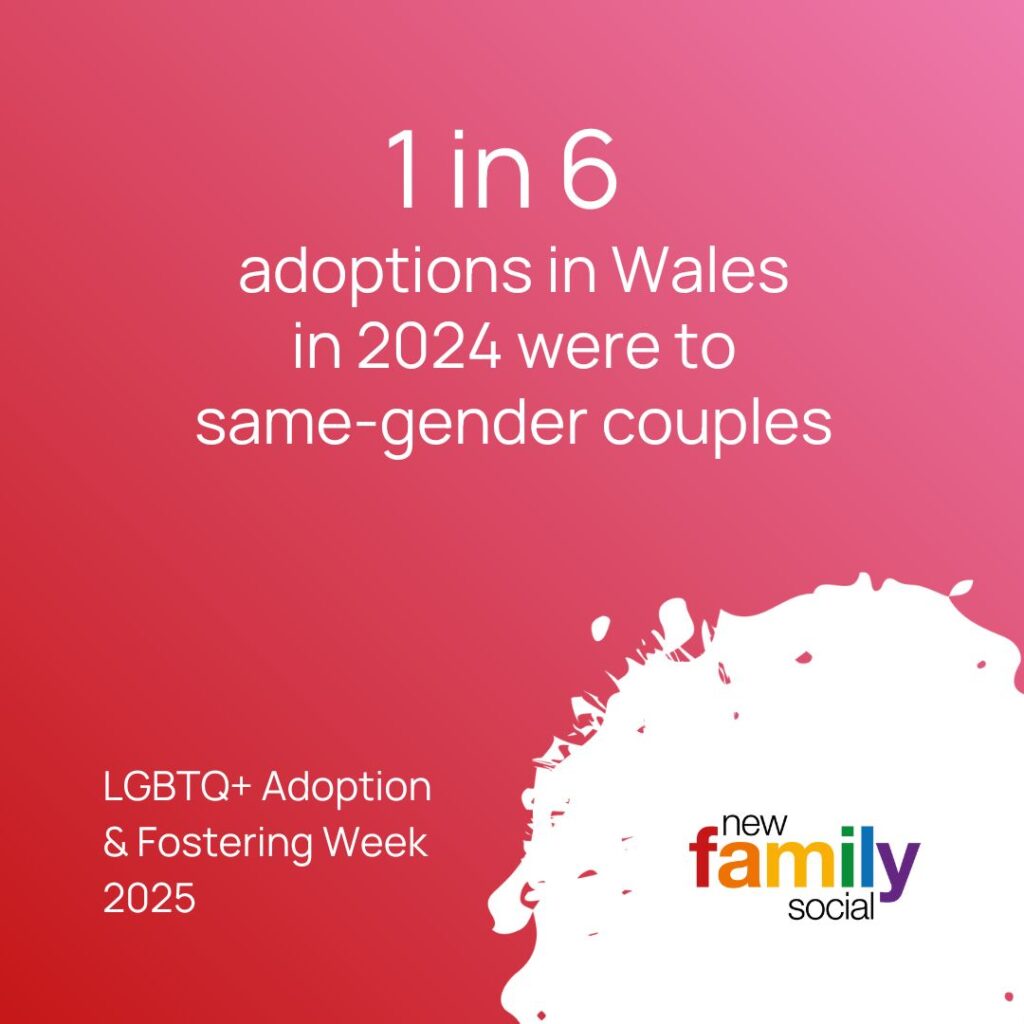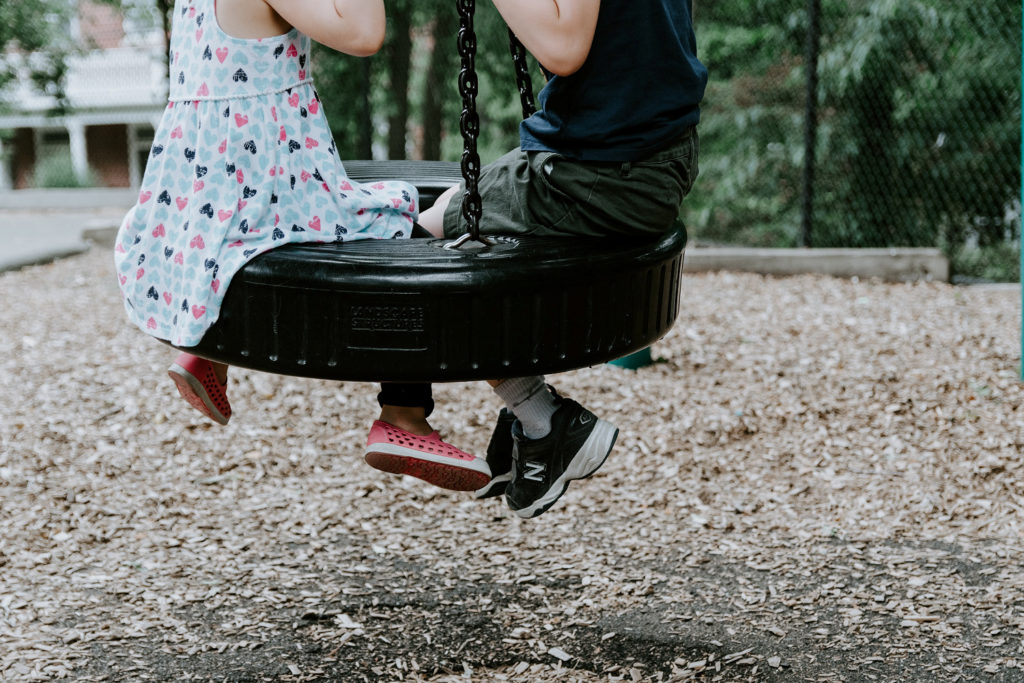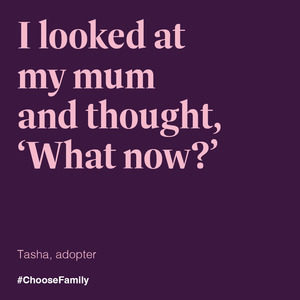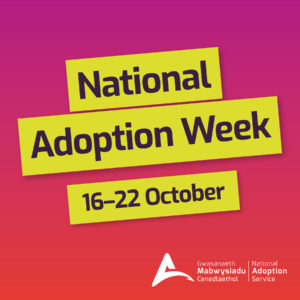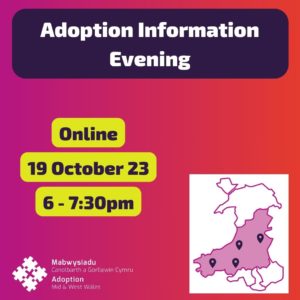We all have our own response to the prospect of the festive season. For many of us, our enjoyment of this time of year relates to memories of our childhood Xmases and the desire to create a magical, joyful experience for our own children.
As we do this, it may be worth reflecting on aspects of Xmas which, for some adopted children, might also prove challenging.
Managing emotional arousal
Many adopted children experience difficulties with self-regulation, or the shifting of high-level emotions into a calm, relaxed state. If your child missed key, co-regulatory experiences in their early life, this self-regulation might well continue to be a struggle for them at times. Difficulties managing high-level emotions can be as much of a challenge when the emotions in question relate to excitement as when they are related to fear or anxiety. Consequently, the frenzied excitement we sometimes actively encourage around Xmas can, literally, end in tears. It may be that your child needs a modified approach and extra support to manage party time. It may be that they require your help to maintain a comfortable emotional and physiological state at times of high excitement. Engaging your child in calming, slow-paced activities, using quiet, melodic tones, rhythmic touch and movement and slow, deep breathing can be effective in helping them bring unmanageable emotional arousal down to a more manageable state. It may even be that, for your child, at this particular stage of their development, high emotional arousal is intolerable and feels unsafe. They might crave emotional equilibrium, in which case you might feel that party-time can wait.
Conveying your availability
For many adopted children, change and transitions can provoke a sense of fear and anxiety. Xmas, typically, involves a greater number of visitors to our homes, or more visits to others’ homes, some of which may be impromptu. Even familiar places might be much busier than usual. It can be easy for an adopted child to feel lost, unnoticed and forgotten in a crowd. It can be hard for them to feel certain that they are still at the forefront of your mind. If you are in conversation with others it can seem that your availability to them is reduced. This can be experienced as a threat to their security. Maintaining connection with your child throughout such experiences can reduce any insecurity. You can convey the fact that they remain at the forefront of your mind through subtle means such as physical touch, a frequent smile or a wink and through involving them in your conversations. Keeping them close and conveying that your focus remains firmly on them is likely to help maintain their sense of safety. Depending on your child’s current developmental profile, you may decide to minimize the number of people with whom you interact over the holiday period.
Managing change and maintaining routine
Xmas is typically a time of surprises and marked changes to our usual routines. The unknown and the unpredictable can be a source of significant fear and stress for many adopted children and young people. Surprises intended to be pleasant might well be experienced as anxiety-provoking shocks. While for some of us a strict adherence to routine might feel like a rut, for many adopted children and young people it is instrumental in their feeling a sense of safety, particularly when, all around them, there is palpable change in activity, emotion and even our home interiors. It is likely to be helpful all round to maintain your key daily routines, such as mealtimes, bedtimes and outdoor exercise as much as possible. It may be that your child is likely to benefit from a visual schedule that clearly depicts any changes to routine and ample opportunity to talk about what any changes might entail. This might include, for example, the fact that a friend or extended family member will be giving them a gift and how they might respond. Minimizing, or even avoiding, surprises might be the kindest option. Involving your child in structuring necessary changes to the norm is likely to help them feel a sense of control so, for example having them help you put up the decorations rather than surprising them by doing it while they are at school or in bed.
Santa Claus
Santa Claus evokes a range of thoughts and feelings in children. While for some he is the greatest delight, the epitome of kindness and generosity and someone they wish were a more frequent visitor…… for others he is a strange, unknown, heavily disguised man, who assumes a high level of familiarity. There may be a suggestion that he has, surreptitiously, been watching them all year to monitor their behaviour and judge whether, or not, they are worthy of the gifts he has at his disposal. Added to that, he finds his way into locked homes – possibly even into children’s bedrooms – in the middle of the night, without a soul noticing him and with the explicit acceptance of their parents. For some children whose early experiences have made them hypervigilant to threat, Santa Claus might actually generate more fear than joy – and might also raise painful issues around shame and self-worth. You might like to consider how, and to what degree, he features in your family’s Xmas.
Awareness of sensory triggers
Most of us will be able to identify specific sights, sounds, smells and tastes of Xmas that, for us, provoke a degree of nostalgia or a frisson of excitement. This might also be the case for your child. It is not uncommon, however, for children who have experienced early adversity to present with sensory integration difficulties. Particularly if/when they are stressed and operating in survival mode, they might be hypervigilant, super-alert to all incoming sensory information, and, subsequently, unable to filter out peripheral information. Hence, they might find themselves overwhelmed and stressed by high-sensory environments. Extraordinary bright and flashing lights; loud music, singing and bells ringing; powerful new aromas; and busy shops, cafes, restaurants or town centres might be uncomfortable or difficult to tolerate.
For some adopted children, there is also the possibility that some of the sounds, sights, or smells of Xmas might trigger sensory-somatic memories relating to frightening, stressful experiences from their early days – i.e. memories that they do not consciously recall but which overwhelm them with the emotions and sensations they felt at the time. Unfortunately, we know that the festive season often sees an increase in episodes of family discord and domestic violence. If this is likely to have been the case for your child, you might like to bear in mind the unconscious connotations that certain Xmas-specific sensory experiences might have for them. Children who have conscious memories of Xmases before they joined your family might find that this time of year triggers difficult, painful thoughts and feelings around their identity, their lovability, their self-worth, their sense of belonging and the losses they have experienced. Noticing emotional shifts and talking about their feelings, accepting and validating thoughts and feelings that might seem incongruent with the festive atmosphere, will help your child feel more secure despite their wobbles.
Managing anticipation
Xmas for most children is largely an exercise in anticipation and delaying gratification. The build-up to Xmas Day, filled with hopes and wishes, can seem eternal. It is worth bearing in mind that, for children who have historically struggled, consistently, to elicit basic care, such uncertainty and waiting might actually provoke unbearable anxiety. Maintaining a low-key approach to advent, Xmas lists and the anticipation of gifts might be markedly more comfortable for your child. You might find that a small number of gifts makes for a calmer, more relaxed Xmas than a huge pile of presents which overwhelms and discombobulates. You might like to spread the giving and opening of gifts throughout the day or even over a number of days.
Shaping Xmas for your family
Consider ahead of time the most important features of a successful Xmas for your family. Accept that these will differ from family to family and that prioritizing your child’s needs might entail your explaining to wider family and friends that you need to do things differently this year. Be very mindful of your own stress levels and construct a Xmas that allows you to relax, be playful and simply enjoy each other’s company – as well as enjoying some time to yourself.
In brief, we are all shaped by our experiences and, as such, though we might find ourselves in the same situation as another, will likely have distinct responses. Indeed, that which brings excitement and joy to one person might generate fear, anxiety and stress in another. For many adopted children and young people the greatest joy comes from the sense of security derived from sameness, consistency, predictability and support to manage emotional arousal, whatever the emotion involved.
This is certainly not to suggest you adopt a Scrooge-like approach to your child’s Xmas, but rather to be mindful of their current, individual, developmental profile so that you can shape your family’s Xmas accordingly.
Wishing you all a happy, healthy, harmonious festive period!
Adopter Experiences:
Rhys – Adopter
The article has really helped us to reflect on what’s been happening recently with our son. He has been talking obsessively about the Elf on the shelf, and was showing signs of anxiety since his return this year. We have never referred to the elf reporting back to Santa or that he is keeping an eye on him. We recently discovered that school had introduced an elf, that was watching the children. This has spurred us to come clean with our son, that his Dadi has been moving the elf each night and the anxieties have now gone, and things have returned to a calmer state.
Daniel – Adopter
Recently, our son has been displaying signs of being dysregulated at school and at home. Routines have been changed due to practicing for Christmas concerts, a Santa parade with beavers and other things. We put our decorations up the last weekend of November, which on reflection was too soon for him. This story has reminded us that we need to remember that keeping things low-key and communicating with school more, on the run up to the big day is important to support him though the difficult build-up to Christmas.
Catrin – Adopter
My son always struggled with Christmas because there was so much focused on naughty and good, especially in school! He struggled with regulating his emotions, which came out in negative behaviour, and he always struggled with feelings of shame. He felt that he was naughty and because of this would think that he was automatically on the naughty list and Santa would not come. His anxieties always heightened around Christmas, but here are some of the things I did to ease his anxieties.
- We reinforced that Santa was coming to our house no matter what.
- Christmas Eve was a time of anxiety, as no matter what we said there was always that niggling feeling that Santa might not come. So, we found a Santa Tracker App where you can track the countries Santa is in so they can see where he is. We also introduced a Christmas Eve present of new pyjamas, slippers, and hot chocolate and new DVD (before streaming). Santa would include a letter which said, “enjoy your Christmas eve, I’ll be back later to drop off your main presents”. This worked a treat because he felt reassured that Santa was coming and also gave him some treats to enjoy on Christmas Eve.
- We never put up our Christmas decorations until about one to two weeks before Christmas. With so many changes in school and with extra parties to attend we kept home life as low key and normal for as long as we could.
